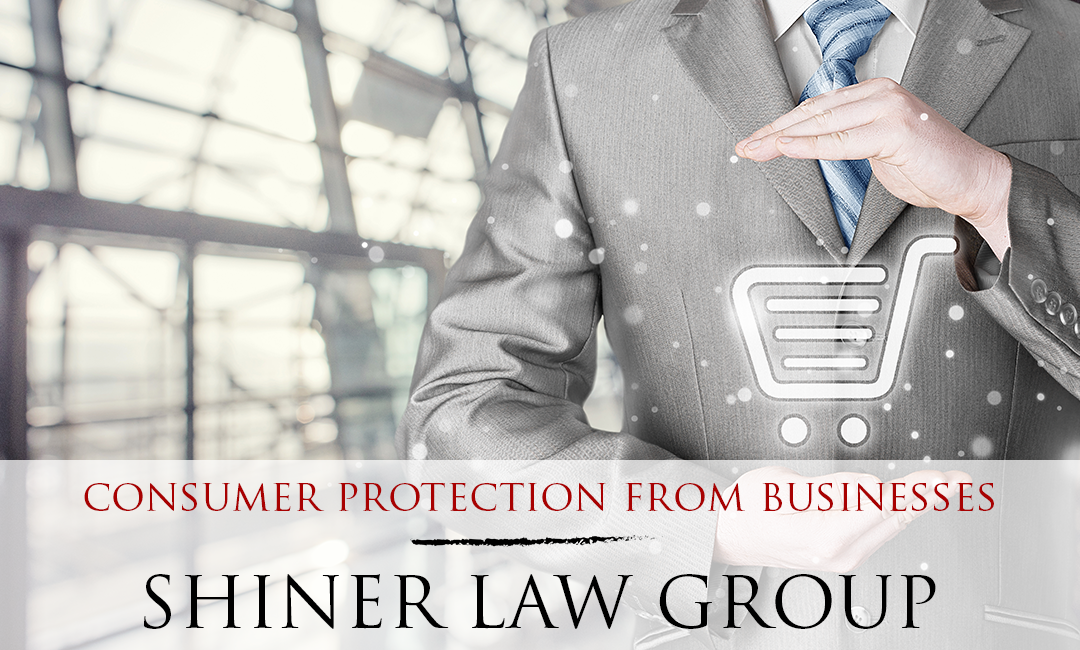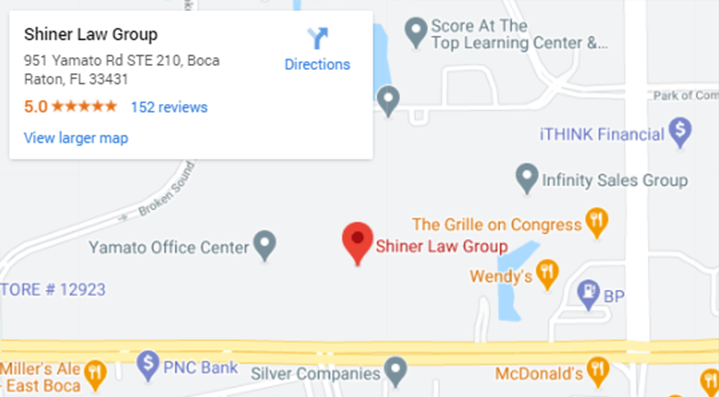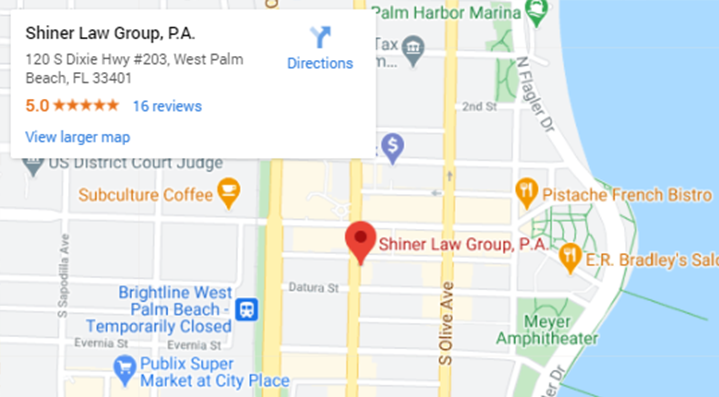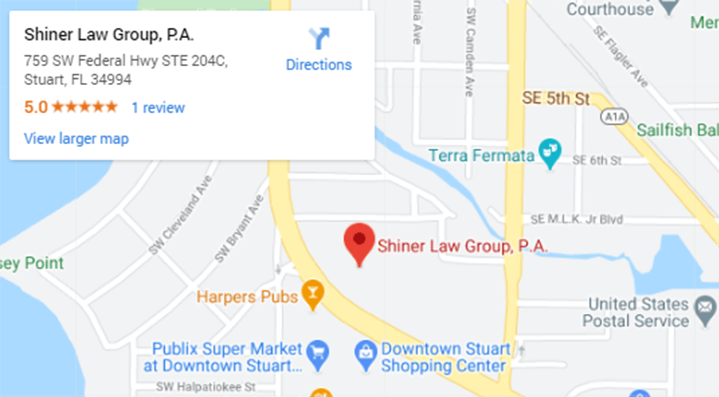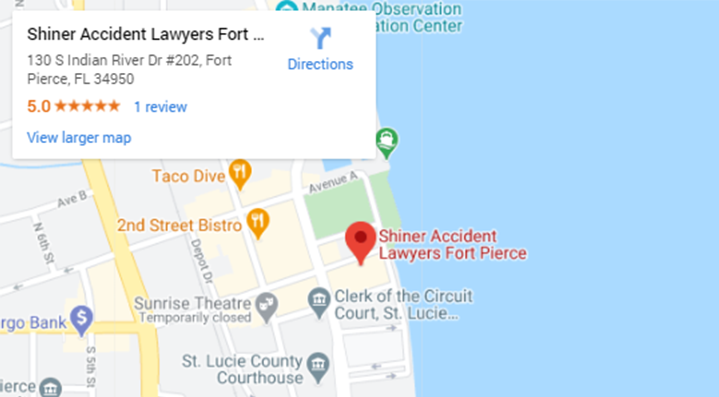Consumer Protection From Businesses
Consumer protection laws are regulations set by the government to protect consumers’ rights. All businesses should comply with these state and federal laws; otherwise they can become a subject of lawsuit in case of fraudulent, deceptive and unfair practices. If you have become a victim, then a business litigation lawyer can help you claim for damages for the negligence of a business.
Fair Trade Laws
The main aim of Federal Trade Commission (FTC) is to not only enhance competition but to also offer protection to the consumers from fraudulent, deceptive and unfair practices of business. The agency creates policies, performs investigations and files lawsuits against businesses that violate the consumer protection laws.
According to the law, false advertising is strictly prohibited and is subjected to penalties. If a consumer files a complaint against a business in case of violation of any federal laws, the FTC conducts a thorough investigation and issues a consent order to the business to stop those unlawful practices voluntarily.
In case the business continues such practices then a formal proceeding is requested by FTC before a judge. If the judge comes to the conclusion that the FTC is right in stating that a law has been breached then a cease and desist order is issued by the judge.
The businesses violating the consumer protection laws can be subjected to penalties or served an injunction.
Product Safety Laws
Businesses manufacturing products to sell to consumers are obliged to follow the guidelines and rules that have been established by Consumer Product Safety Commission (CPSC). This agency examines the safety of products, creates guidelines and requirements for product safety, announces product recalls, and bans all the products that have been found to be hazardous. The CPSC is responsible for regulating all consumer products except for drugs, guns and other such products that are under some other agency’s regulations.
When the CPSC establishes that a certain product is a hazard or danger to consumers then it issues enforcement action against the business or company. The manufacturer of that product is then obligated to publically inform the dangers of the product and withdraw it draw it from the market. Depending on the severity of the hazard, that business might also be penalized.
False Advertising
All businesses advertise their services or products in order to spread awareness and encourage consumers to purchase what they have to offer. A highly competitive market could easily turn advertising into a war with businesses using dubious methods to get the bigger market share.
In many cases, businesses exaggerate their services and products; for instance claiming they are the best in the world and others completely crossing the line by making outright false and misleading claims. Doing this indicates they have entered an unlawful territory, especially if the service or product can harm the consumers.
These misleading and false advertising are strictly forbidden by both federal and state consumer protection laws. A false advertising can be fall into either one or all of the following categories:
Deceptive Description
The most common type of false advertising comprises misleading and deceptive descriptions of products, specifically the ones that claim the product has certain benefits or features, which it clearly doesn’t. Some examples include:
- Utilizing false terms like ‘light’, ‘natural’, or ‘organic’.
- Incorporating false claims of medical or scientific endorsement or scientific support.
- Misleading photos or illustrations.
- Using different modifications to show higher quality of the product.
- Making false claims of certain ingredients which are not present in the product.
These wrongful and false descriptions of products or services can also result in harming consumers, which is why such deceptive description can be subjected to a lawsuit.
Deceptive Pricing
Another type of false advertising includes surcharges or hidden fees, which can result in the overall price of the product to be substantially higher as compared to the price claimed in advertising. This type of false advertising typically occurs with telecommunication businesses when they hide unauthorized or additional charges in the advertisement but charge consumers at the time of purchase. The FTC labels this practice as ‘cramming’. Various airlines have also been subjected to law suits due to hidden charges.
Deceptive Quantities
Various businesses mislead their consumers through advertising by utilizing different measurement standards and creating the illusion of the product being smaller or larger than it actually is. This is a typical occurrence in the food industry where businesses alter the packaging to make it seem bigger or utilize fillers to enhance the weight of the product.
Misrepresentation
Majority of parties enter a contract with good intention, but in some cases businesses or individuals commit misrepresentation or fraud just to persuade the transaction. There are various laws against misrepresentation and fraud, which are complex as they require the fraudulent behavior to meet certain criteria in order to reward compensation to the plaintiff.
For a case to be considered misrepresented or fraudulent in a contract, the following criteria must be met:
- A party should have falsely misrepresented certain facts.
- Misrepresentation should be linked to the contract or transaction.
- Misrepresentation should have been made intentionally or recklessly without caring if it is true or not.
- Misrepresentation should have been made to persuade the plaintiff towards inaction or action.
- Misrepresentation must have been relied on by the plaintiff.
- The plaintiff should have suffered losses due to that misrepresentation.
Misrepresentation must comprise failure to disclose or mention certain information regarding the product or transaction. Regardless of the misrepresentation type, the plaintiff must prove substantial reliance on that misrepresentation of information.
Various businesses and consumers suffer losses because of unfair practices, misleading advertising, and misrepresentation and fraud. Many fail to claim for damages since they are unaware of consumer protection laws or find them too complex. Therefore, it is important to consult experienced business litigation lawyers to help you in claiming for damages due to such unfair practices. If you have been a victim of these unfair practices, get in touch with Shiner Law Group and get a free evaluation of your case. Our lawyers will thoroughly investigate your case and ensure you are compensated for the losses you endured.

